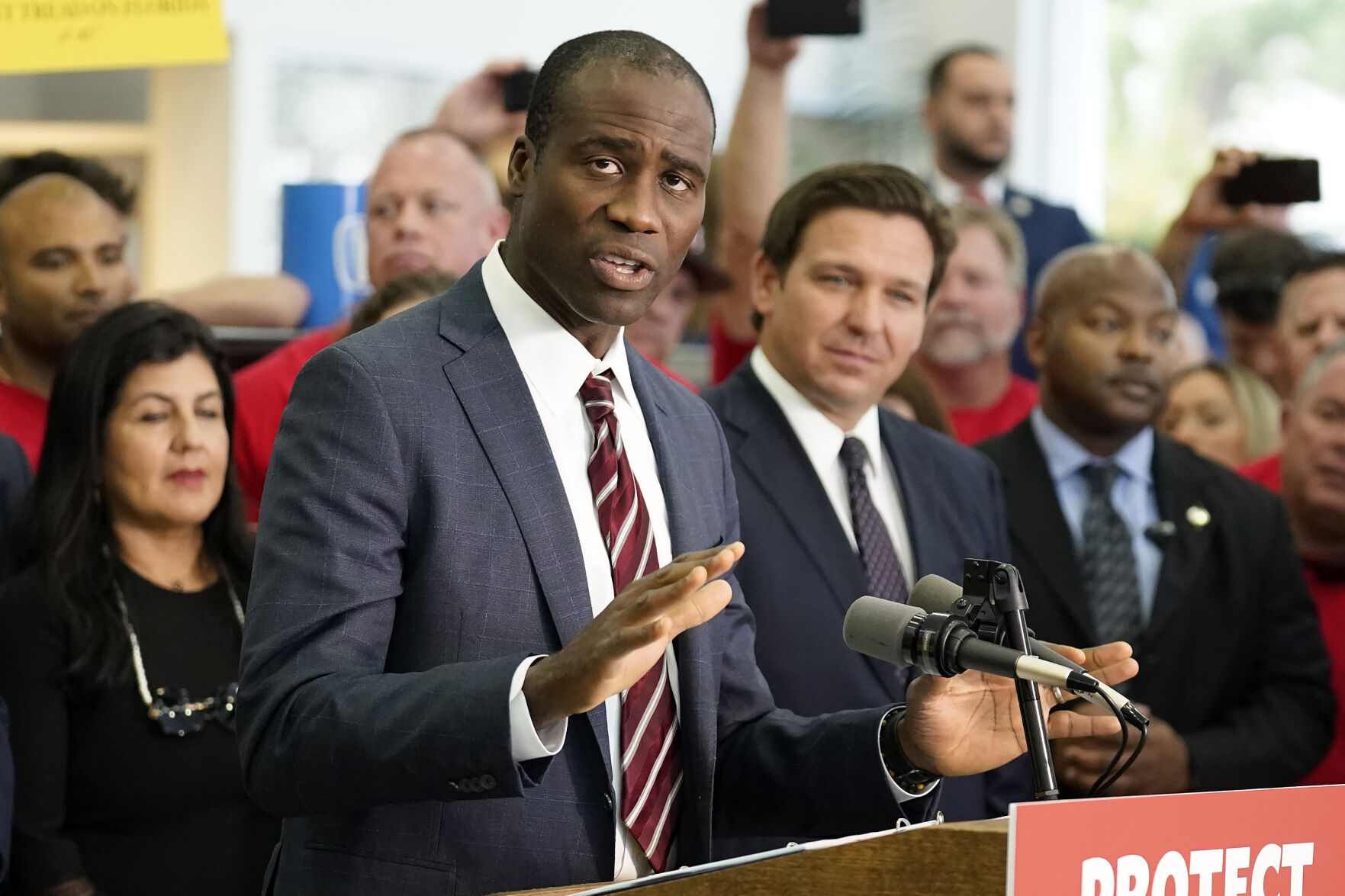Florida is on the verge of becoming the first state to eliminate childhood vaccine mandates, which have long been a mainstay of public health policy. Officials say this policy shift could alter health protocols that have protected schoolchildren from infectious diseases for decades.
Florida plans to become first state to eliminate all childhood vaccine mandates

Key Takeaways:
- Florida’s plan represents a fundamental break with standard childhood vaccine requirements.
- Vaccine mandates have traditionally been a cornerstone of preventing widespread illnesses.
- State Surgeon General Dr. Joseph Ladapo is central to this proposed policy change.
- The move has sparked debates about public health and personal choice.
- Observers are watching for potential effects on school safety and broader community health.
Introduction
Florida is preparing to embark on a path no other state has taken, announcing its intention to eliminate childhood vaccine mandates. Historically, these requirements have played a critical role in safeguarding children and local communities from infectious diseases such as measles, mumps, and polio.
Florida’s Proposed Move
In a statement echoing the sentiments of Florida officials, State Surgeon General Dr. Joseph Ladapo has described current vaccine mandates as central to the longstanding health measures adopted by schools. By eliminating these rules, Florida would become the first state to take such a distinctive step in reshaping how students and their families approach immunizations.
Significance of Vaccine Mandates
Decades of public health policy have hinged on mandatory immunization to limit the impact of contagious illnesses. Health authorities point out that these mandates have historically reduced outbreaks and enabled safer schooling environments. Critics of Florida’s plan argue that removing well-tested health protocols introduces risks for communities, especially vulnerable populations.
Possible Consequences
Should Florida move ahead, the implications may run deeper than the state’s borders. Many are concerned about higher susceptibility to once-rare illnesses if childhood vaccinations become optional. While some proponents applaud the increased autonomy for parents, others worry about a future in which elementary schools witness a resurgence of vaccine-preventable diseases.
Closing Thoughts
By eliminating childhood vaccine mandates, Florida underscores a willingness to challenge established public health doctrines. Whether this policy sharpens the national debate or leads to broader reforms elsewhere remains to be seen. For now, the eyes of the country are on Florida, its schools, and its communities, watching as one of the nation’s most recognized tools for public health faces an unprecedented shift.











